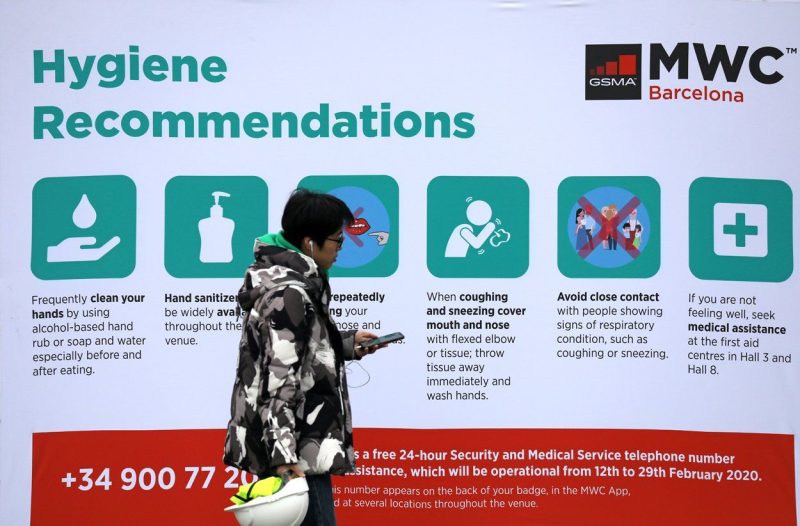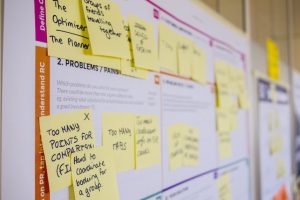Did anyone ever think that the Mobile World Congress would not take place?
Without going into the “real” reasons for such an event to have happened, it is clear that the current situation in China has had a devastating effect, in this case and in many others. Inevitably, all this leads organizations to the need to consider how to adequately manage risks in the VUCA world in which we live.
Yes, today we are talking about VUCA (Volatile, Uncertain, Complex, Ambiguous) environments, but the truth is that the term appears, in a contradictory way, at the beginning of the Cold War. Contradictory, because it is from then on when certainty, lack of volatility and predictability prevail for several decades. Why, in fact, for many years now, has this acronym taken on such relevance? In my opinion, the decisive factor that has contributed to this effect has been globalization, having gone from developing and interacting in relatively controllable and controlled environments, to complex scenarios, with ‘interference’ and effects from other geographical areas, from other societies, from other ways of thinking, and especially from other competitors.
Paraphrasing the philosopher Zigmund Bauman, we would say that we have suffered a thaw process, going from rigid, solid social structures, to a ‘liquid’ time, where the ever-changing environment does not allow stability, and where people and organizations must change tactics and strategies. In this situation it is extremely difficult to maintain the status quo, in general in the welfare societies in which we find ourselves, and in particular in business, and specifically in the Purchasing function and the challenge of sustainability. Certainly the VUCA environment and the difficulty in maintaining ‘what is known’ means that preserving sustainability has become one of the essential elements in risk management in organizations.
Situations such as the one caused by the COVID-19 virus highlight the need for precise, rigorous and effective risk management.
Sustainability in the Purchasing function logically involves maintaining the achievement of benefits for the organizations, but focusing on the social and economic impact, and contributing to the improvement of the environmental environment. This task will not be accomplished simply by excellent category management or by maintaining good relationships with different stakeholders. At this point, it is necessary to equip the Purchasing function with new skills and knowledge, but especially with a different vision of the future, perhaps more in the short and medium term, due to the ‘liquidity’ of the environment that we mentioned, and where the risk management becomes a fundamental pillar.
Situations such as the one caused by the COVID-19 virus, known as Coronavirus, have highlighted, in particular, the uncertainty and volatility to which markets and organizations are subject today, with relevant differences in the diagnosis and decisions to be made. In any case, the main evidence to which this situation leads us directly is the need to have precise, rigorous and effective risk management in mitigating them.
In this sense, have you thought about the continuity of your business in relation to the multiple factors that can put it at risk? Could you guarantee your production in the event of a supply failure by your suppliers? And the suppliers of your suppliers? Do you have adequate legal coverage, with solid contractual and guarantee documents? … I could go on with a long list of questions, but the only certainty is the need to anticipate the unforeseeable and unpredictable and let yourself be accompanied by those who, from an objective perspective, can help you diagnose and contribute solutions.
Globalization has allowed the expansion of business, multicultural exchanges, the growth of developing societies and even the increase in global sensitivity to the climate emergency we are experiencing. But it is no less true that we must also combat the negative effects, which exist, which is why organizations must become aware of the risks, in general throughout the value chain, and in particular, in those key elements for the continuity of business.






